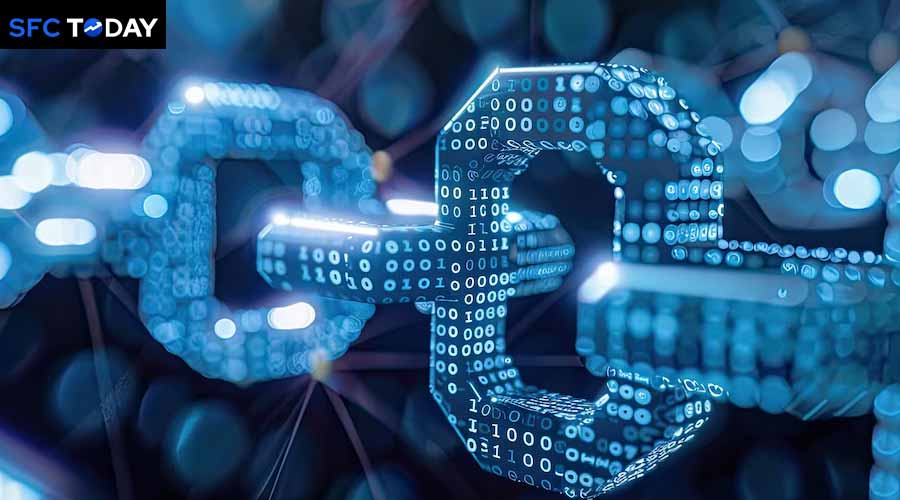Particle network achieves milestone with a US$15 million in token sale in crypto fundraising
Particle Network, a developer of modular blockchain solutions specializing in chain abstraction technology, has secured US$15 million token sale in its first round of funding.
On Thursday, it was announced that the Spartan Group and Gumi Cryptos Capital jointly led the investment round. Additional investors included SevenX Ventures, Morningstar Ventures, Flow Traders, HashKey Capital, and others.
The initiative started collecting money for its Series A phase in March and wrapped it up last month, according to Pengyu Wang, the founder and chief executive of Particle. Wang mentioned that the round was arranged under a straightforward agreement for future tokens (SAFT), but he chose not to discuss the amount of money raised.
The Series A funding round has increased Particle’s overall investment to US$25 million, following a previous sum of US$10 million from three distinct funding phases.
What is Particle Network?
Particle Network is a structured Layer 1 blockchain designed with chain abstraction technology in mind. It aims to make it easier for developers and users.
The main benefit of Particle’s service is the “universal accounts,” which permit individuals to utilize money from any network to carry out transactions throughout the blockchain network. These universal accounts are backed by two essential features — “universal liquidity and universal gas.” These features allow users to use their tokens on any network and cover the costs of gas or transaction fees using their tokens.
“With universal accounts, users no longer need to bridge or manually manage accounts across chains, and developers can onboard users from anywhere in the ecosystem,” Wang said.
The Particle Network is presently undergoing its first phase of testing and has reported having amassed approximately 1.3 million universal accounts and completed more than 114 million transactions.
The Particle Network is constructed with the Cosmos SDK and is designed to work with Ethereum Virtual Machine technology, according to Wang. He mentioned that Particle’s main rivals are NEAR (with its chain signatures technology) and Polygon’s AggLayer (with its chain unification technology).
Currently concentrating on simplifying complex systems, Particle initially introduced wallet abstraction technology designed to assist developers in attracting users through social logins rather than conventional crypto wallets. Particle mentioned that its wallet abstraction technology has been adopted by more than 900 decentralized applications, safeguarding assets valued at over US$2 billion.
Particle network mainnet and token launch
The second phase of the testnet for Particle Network is anticipated to begin this week, with the primary launch set for the third quarter of this year, according to Wang. Additionally, the PARTI token, which is associated with the Particle token, PARTI, will also be introduced on the mainnet, Wang mentioned.
Armed with new investment, Particle aims to grow its existing group of over 30 individuals by adding more than 40 members, Wang mentioned, noting that the initiative is seeking candidates for positions in both engineering and operations areas.
The company also intends to recruit additional developers, public blockchains, and decentralized applications that will use its chain abstraction technology, Wang mentioned, further stating that the project aims to expand its community through marketing efforts.


